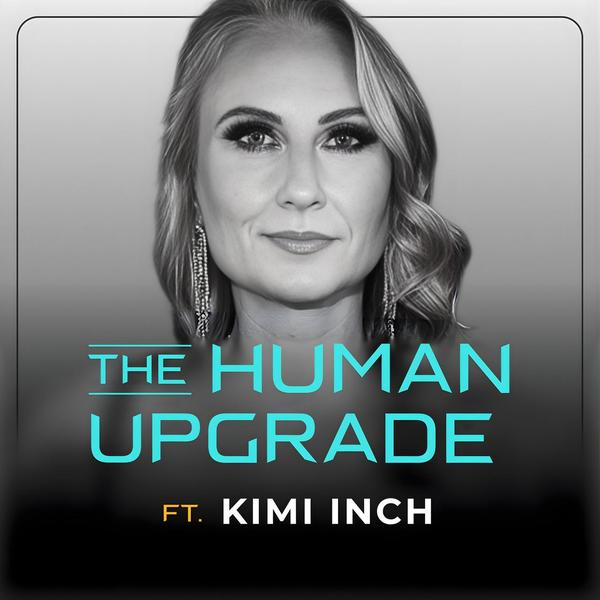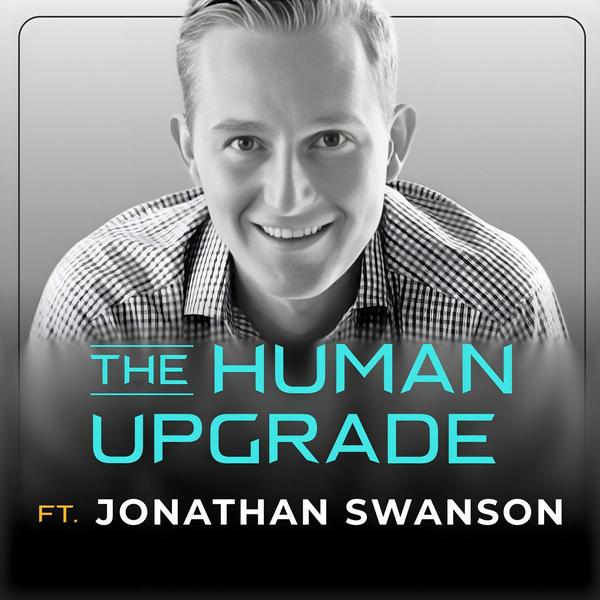Sleep Smarter, Live Longer: Expert Secrets to Better Sleep Performance
Dave Asprey
Oct 1, 2024
Mindsip insights from this episode:
Prioritize sleep over diet and exercise for optimal health
If you skip sleep for a night, the negative effects on your brain and body are much worse than missing a day of food or exercise. Sleep interacts with diet and exercise, but it’s the foundation for good health and longevity.
Address sleep loss epidemic to reduce chronic disease risk
In less than 100 years, people in developed countries are sleeping 15-20% less, dropping from about 8 hours a night to around 6.5 hours. This widespread reduction is linked to higher risks for many chronic diseases and early death.
Prioritize sleep to reduce disease risk and enhance longevity
Sleeping less than seven hours a night clearly increases the risk of dying sooner and developing diseases. While too much sleep (over 9 hours) seems risky in studies, it's usually because people who are already sick need more sleep.
Prioritize all sleep stages for optimal health and brain function
Deep sleep, REM sleep, and light sleep all play unique roles in your health and brain function. Skipping any one of these stages can negatively affect learning, memory, emotions, blood sugar, and even your relationships.
Lower core temperature to enhance deep sleep quality
Lowering your body’s core temperature by about 2 degrees helps you fall asleep and get deeper sleep. Techniques like cooling your hands and feet, using a cooling mattress pad, or keeping your room cold can boost deep sleep, especially for older adults.
Dim lights and avoid screens before bed for better sleep
Exposure to bright lights or screens before bed can cut your melatonin in half, delay sleep timing, and reduce REM sleep. Even just one hour of iPad use before bed can disrupt sleep quality for days, so dim your lights and avoid screens before bedtime for better sleep.
Prioritize full sleep to preserve REM for emotional health and memory
Most of your REM sleep (important for emotional health and memory) happens in the last part of the night. If you regularly cut your sleep short, you may lose almost all your REM sleep, not just a little bit.
Implement biohacks to enhance sleep quality
Simple changes like dimming lights, cooling your bedroom, not eating late, and using blue-light blocking glasses can significantly improve your sleep quality. Some people use weighted blankets, special pillows, or sleep position tools for even better results.
Experiment with sleep tracking to enhance restfulness
Using sleep trackers (like Oura Ring or Apple Watch) helps you see how lifestyle changes affect your sleep stages. But the goal isn’t just to track, it’s to experiment and find what really helps you wake up feeling rested.
Utilize sound technology to enhance deep sleep and mental performance
Special acoustic technology can play gentle sounds at the right time to increase deep sleep and improve next-day mental performance. Blocking noise pollution and using gradual wake-up alarms can also help you sleep better and wake up more refreshed.
Optimize back sleeping position for improved health
Sleeping on your back with proper neck support can improve sleep quality, reduce pain, and even help TMJ (jaw issues). Side sleeping is popular, but back sleeping with the right tools may offer unique health benefits, including better spine alignment.
Avoid late-night eating to improve sleep quality
Eating late raises your body temperature and can disrupt sleep. For best results, avoid eating at least 3-5 hours before bed to help your body cool down and detox while you sleep.
More from
Dave Asprey
You also might be interested in
How To COOL Your Body For Better Sleep, INCREDIBLE Travel Sleep Tips & Orion Vs. Eight Sleep With Dr. Michael Breus
Everything You Need To Know About Sleeping Better, Hacking Sleep, Sleep Cycles, Insomnia, Sleep Apnea & More With Dr. Daniel Gartenberg (Best of LIFE Network's Experts!)
This Commonly Missed Disease Can Rapidly Age Your Brain
This Commonly Missed Diagnosis Leads to Rapid Brain Aging
This Commonly Missed Diagnosis Can Rapidly Age Your Brain











